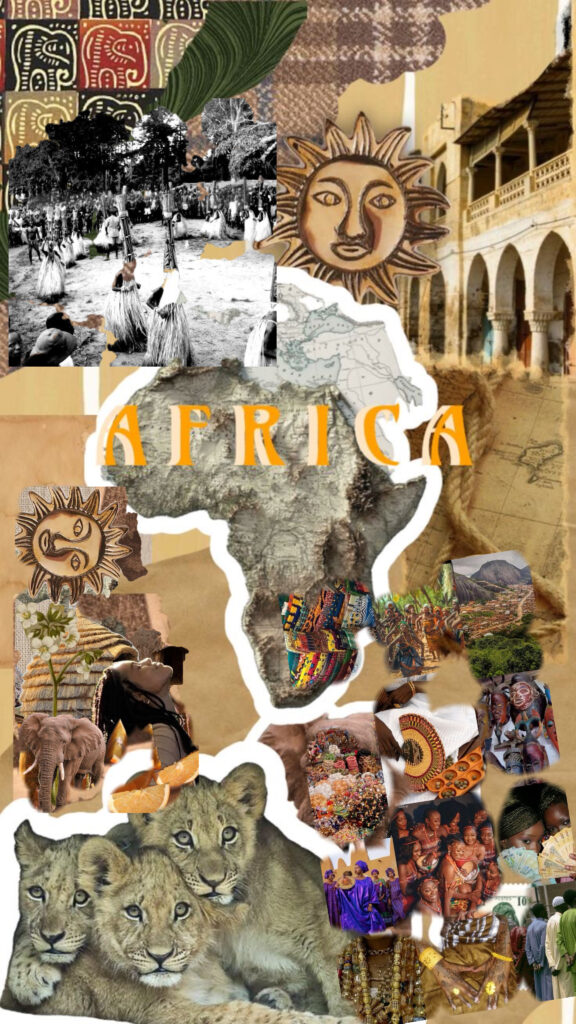Cultural heritage in Africa is incredibly diverse and rich, encompassing a gwide range of tradition s, languages, art forms, and practices that vary from one region to another. Africa is home to thousands of ethnic groups, each with its unique customs and beliefs, which contribute to a vibrant tapestry of cultural expression. This heritage is often reflected in music, dance, art, storytelling, and rituals, which play a crucial role in community life and the preservation of history.
In Nigeria, the cultural heritage is equally diverse, with over 250 ethnic groups, including the Yoruba, Hausa, and Igbo. Each group has its distinct traditions, languages, and art forms. Nigerian culture is known for its colorful festivals, intricate crafts, and rich culinary practices. The country’s history of trade, colonization, and migration has also influenced its cultural landscape, leading to a blend of indigenous and external elements that shape modern Nigerian identity.
Focusing on Igbo land, the Igbo people have a rich cultural heritage characterized by their unique customs, language (Igbo), and traditional practices. The significance of community and family is paramount in Igbo culture, with strong ties to ancestral worship and respect for elders. Traditional festivals, such as the New Yam Festival, celebrate the harvest and are marked by vibrant attire, music, and dance. The Igbo people are also known for their craftsmanship, particularly in bead-making, pottery, and carving, which reflect their artistic expression and cultural identity. Overall, the cultural heritage of Igbo land is a vital part of Nigeria’s diversity and contributes to the broader African cultural landscape.

Colonial Alaigbo (Igbo land) in picture – cultural festival
Igbo culture is rich and diverse, characterized by its vibrant traditions, arts, and practices that reflect the community’s identity. Key elements include unique festivals, traditional music and dance, colorful attire, and intricate craftsmanship. The Igbo people place a strong emphasis on family, respect for elders, and communal living, which are integral to their social structure. Festivals like the New Yam Festival and the Ofala Festival celebrate agricultural success, honor ancestors, and reinforce the bonds within the community. Through these cultural expressions, the Igbo maintain a deep connection to their heritage and continue to pass down their values and traditions through generations. This vibrant tapestry of festivals not only showcases their rich cultural heritage but also strengthens community ties and fosters a sense of belonging among the Igbo people.
This blog explores the vibrant tapestry of cultural heritage in Africa, emphasizing the richness and diversity found across various ethnic groups, particularly in Nigeria. It highlights the unique traditions, languages, and artistic expressions that contribute to the cultural landscape. Focusing on Igbo land, the significance of community, family, and ancestral worship is underscored, along with the celebration of traditional festivals such as the New Yam Festival. Ultimately, these cultural practices not only preserve history but also strengthen communal bonds, ensuring that the Igbo heritage continues to thrive in modern society.
In conclusion, the vibrant festivals and traditions of the Igbo people serve as a testament to their rich cultural identity and the importance of heritage in fostering community and continuity within their society.

You write very well .
Enlightening